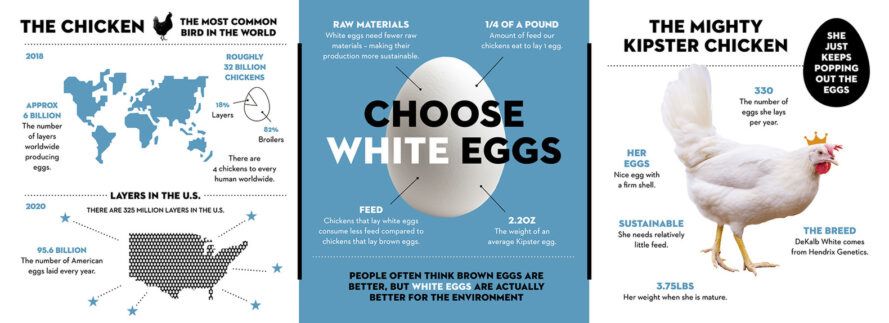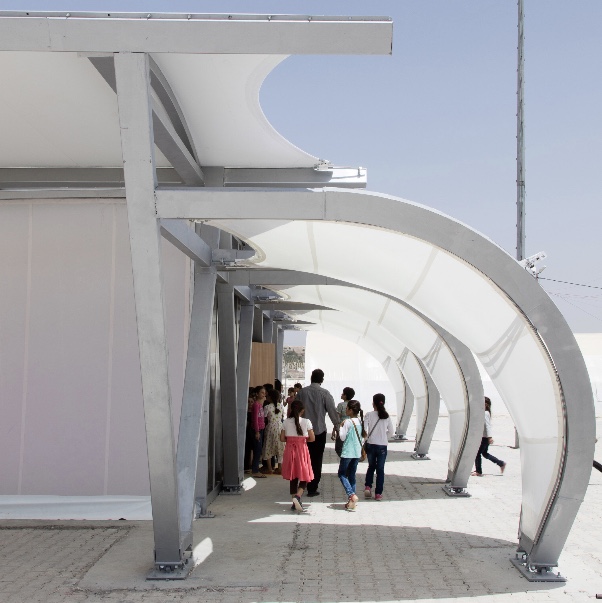Investing in Green Tech
Nextracker, a company that provides solar tracking systems and software solutions, recently raised $638 million in its IPO – the largest of 2023. This is indicative of investor confidence in the solar energy industry given solar prices have decreased and should further decrease with the anticipated Inflation Reduction Act subsidies. This will create increased demand for Nextracker’s equipment, which helps adjust solar panel angles and optimize energy yield from the sun.
Eco-Friendly Prefab Hobbit Homes
 Green Magic Homes offer an innovative and eco-friendly way to build. These homes are composed of prefabricated, vaulted panels which are made from composite laminate materials. They are easily assembled, with perforated flaps allowing for simple connection and secure sealing of the components together. Like traditional hobbit homes, reinforced walls are covered with soil and greenery, making them energy efficient and energy saving.
Green Magic Homes offer an innovative and eco-friendly way to build. These homes are composed of prefabricated, vaulted panels which are made from composite laminate materials. They are easily assembled, with perforated flaps allowing for simple connection and secure sealing of the components together. Like traditional hobbit homes, reinforced walls are covered with soil and greenery, making them energy efficient and energy saving.
Carbon Neutral Eggs
 Kipster is a Dutch company revolutionizing the egg industry with its carbon-neutral eggs. Kipster feeds its chickens with upcycled food such as oat hulls and rejected pasta products. This helps reduce the use of corn and soy traditionally grown for feeding chickens, leaving more for human consumption.
Kipster is a Dutch company revolutionizing the egg industry with its carbon-neutral eggs. Kipster feeds its chickens with upcycled food such as oat hulls and rejected pasta products. This helps reduce the use of corn and soy traditionally grown for feeding chickens, leaving more for human consumption.
Modular Refugee Tents
 In December, Zaha Hadid Architects announced a joint venture partnership with the Education Above All Foundation (EAA) to donate 27 tents to communities in Turkey, Syria and Yemen that will serve as schools, clinics and emergency shelters. The tents are weather-proof, modular structures that can be easily moved and re-assembled, making them ideal for displaced populations. The structures also incorporate components that can be upcycled or recycled for sustainability.
In December, Zaha Hadid Architects announced a joint venture partnership with the Education Above All Foundation (EAA) to donate 27 tents to communities in Turkey, Syria and Yemen that will serve as schools, clinics and emergency shelters. The tents are weather-proof, modular structures that can be easily moved and re-assembled, making them ideal for displaced populations. The structures also incorporate components that can be upcycled or recycled for sustainability.
Socks Made from Recycled Textiles
Arvin Goods is a Seattle-based clothing company that strives to shatter the methods of the current pollution and waste-producing apparel world. It started by making socks from discarded fabric scraps and with it, created a new industry category deemed Clean Basics, defined by its use of low-impact materials. Expansion of the line now includes hats and other apparel.





